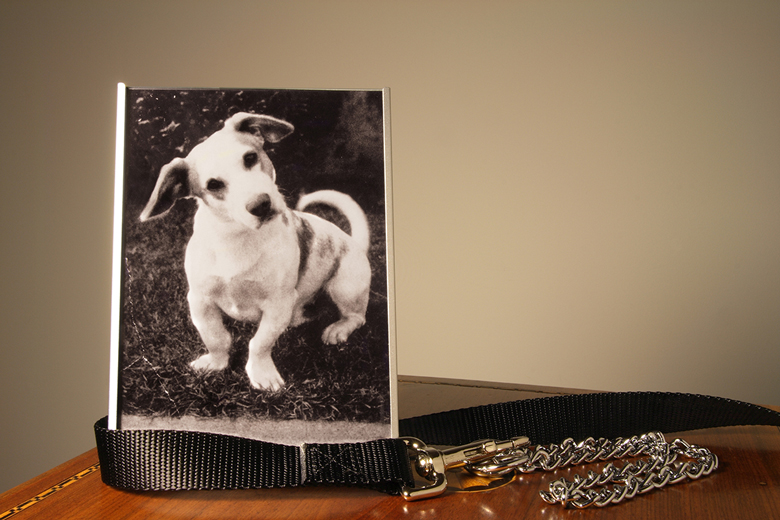How to Deal with the Loss of a Pet

There are few gifts in life as special as the unconditional love a pet can provide. Whether in the form of a wet nose and sloppy kiss; a warm, purring snuggle before bed; or a joyfully wagging tail that greets us after work every day, with no judgments; it can make even the worst day brighter. So when a pet dies, it can be devastating. The grief can be intense and long lasting, and the reminders can seem everywhere.
Know grief is normal
“Your pet becomes a member of the family, sometimes for nearly 20 years,” says Dr. Julie Furst of the University of Miami Health System’s Psychiatry Clinic. “It’s normal and natural to experience feelings of loss, and it’s important to acknowledge them.”
Furst adds that there are typically five well known stages of grief that people experience when coping with the loss of a loved one: denial, anger, bargaining, depression and acceptance. People can experience different stages of grief at different times and in different ways.
“Sometimes, people do not recognize the death of a pet the same way as they may recognize the loss of a person,” offers Furst. “But ignoring the grief won’t make it go away. In fact, it might make it take longer to feel better. Research also has shown that the closer a person was to a pet, the worse the grief can become.”
Know there are ways to cope
Dr. Judith Regan, a child and adolescent psychiatrist at UHealth, offers that it’s important to find your own way of remembering. Will you keep one of your pet’s favorite toys as a loving reminder? Donate to an animal organization or volunteer?
“Your grief is unique to you, and the way you deal with it will be unique, as well,” she shares.
Regan adds that children and adolescents may benefit from picking out a star in the sky to honor their loved one; by celebrating the pet’s birthday each year; or by having the pet’s pictures nearby.
Pet-loss support groups also can provide a valued resource. The Association for Pet Loss and Bereavement has information about where to find such groups, as well as links to online chat rooms and books about how others faced a similar situation.
“There are times when an individual might need more professional help for a short time,” adds UHealth’s Dr. Samantha Saltz. “If you find that the grief becomes unbearable, it is completely understandable. Seek out support from a specialist in grief recovery, or ask your doctor to recommend a counselor or therapist.”
For additional assistance or an appointment, contact the Miller School of Medicine’s Department of Psychiatry & Behavioral Sciences at 305-243-4000.
Tags: Dr. Samantha Saltz, grief, mental health, pet loss
